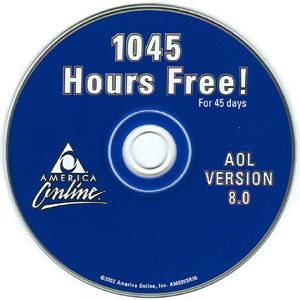Christian Fuchs characterizes three vantages offered by participants at the conference on
The Internet as Playground and Factory :
In my opinion, three positions on these questions could be identified in
the presentations and discussions at the conference. These positions
partly overlap, are partly complementary, but to a certain extent also
stand in contradiction to each other.
Representatives of the first position hold that there is a symmetric
exchange between users and Internet companies so that the latter make
money profits and in exchange provide benefits in the form of free
access for users to technologies that allow information sharing,
communication, and community building. The Internet is conceived in this
position as being a participatory system because it allows users to
become information producers and to create and share user-generated
content.
Representatives of the second position tend to argue that the
Internet is not a truly democratic or participatory space, but has
deficiencies and is shaped by asymmetric power structures. However,
there would be democratic projects and potentials of the Internet that
allow envisioning the realization of an alternative, people-centred
Internet. The representatives of this position are thus rather
optimistic and argue that projects such as for example peer-to-peer
platforms, open access, open content, free software, open source,
alternative online media, digital art projects, cyberprotest, public
online media, public access projects, etc are likely to bring about
positive changes.
Representatives of the third position see the Internet
as being shaped by asymmetric power relations. They tend to argue that
there are positive potentials and projects for an alternative
participatory Internet, but that the contemporary Internet is largely
shaped by powerful actors, especially corporations, that derive material
benefits at the expense of Internet users, commodify the Internet,
exploit Internet users, and appropriate the Internet commons. Categories
employed in this context include exploitation, class, capitalism,
alienation, enclosure, appropriation, or expropriation. The political
implication of this position is that political movements and
organizations are needed that bring about wider transformations of
society so that a commons-based and participatory Internet becomes
possible.
These three positions on the one hand partly overlap or are
simultaneously present in approaches, and on the other hand are to a
certain degree opposites that result from different political and
theoretical positions. Opposites need not and cannot always be overcome,
it is possible that they stand side by side and create productive
tensions that advance the overall field. This requires to acknowledge
that there are certain commonalities and to agree that there are
disagreements.
Labels: history of the Internet, intellectual property, playbor, work





